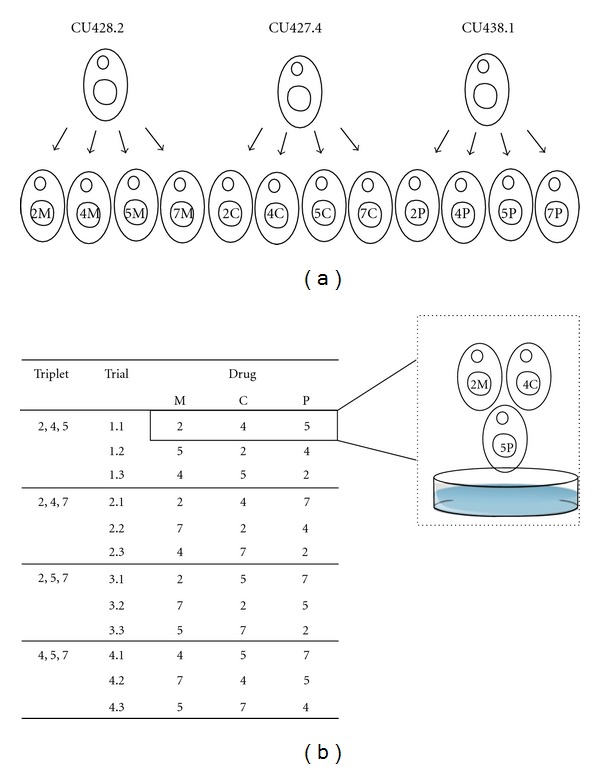Is Evolution of Mating Preferences Inevitable? Random Mating in the Multisex System of Tetrahymena thermophila.
引用次数: 6
Abstract
Ciliate mating systems are highly diversified, providing unique opportunities to study sexual differentiation and its implications for mating dynamics. Many species of ciliates have multiple (>2) sexes. More sexes may mean more choice and an opportunity for evolution of preferential mating. We asked if the multiple sexes of the ciliate Tetrahymena thermophila mate preferentially among each other. We quantified pairing frequencies among four sexes of T. thermophila using experiments that allowed the sexes to compete as mating partners. We found that all sexes mated equally frequently among each other, that is, we found no evidence of preferential mating with respect to sex. This suggests that the “mate choice” in this ciliate is binary, between whether to form a pair or not and, in this regard, sex facilitates only self-/non-self-distinction. Thus, presence of multiple sexes does not necessarily result in the evolution of mating bias, which could decrease the maximum amount of mating that would otherwise be possible in a population. Our result of random mating verifies a key assumption in the theoretical model of sex ratio evolution in T. thermophila. Investigation into molecular differences between the sexes will be necessary to reveal the mechanistic basis of random mating among them.


交配偏好的进化是不可避免的吗?嗜热四膜虫多性别系统中的随机交配。
纤毛虫交配系统高度多样化,为研究性别分化及其对交配动力学的影响提供了独特的机会。许多纤毛虫有多个(>2)性别。更多的性别可能意味着更多的选择和优先交配进化的机会。我们询问纤毛虫嗜热四膜虫的多性别是否优先交配。我们量化了四种性别的嗜热T.之间的配对频率,通过实验允许性别竞争交配伙伴。我们发现所有性别之间的交配频率都是一样的,也就是说,我们没有发现性别优先交配的证据。这表明,这种纤毛虫的“配偶选择”是二元的,在是否形成一对之间,在这方面,性只促进自我/非自我区分。因此,多性别的存在并不一定会导致交配偏见的进化,这可能会减少种群中可能出现的最大交配数量。我们的随机交配结果验证了嗜热蝗性别比例进化理论模型中的一个关键假设。有必要研究两性之间的分子差异,以揭示它们之间随机交配的机制基础。
本文章由计算机程序翻译,如有差异,请以英文原文为准。
求助全文
约1分钟内获得全文
求助全文

 求助内容:
求助内容: 应助结果提醒方式:
应助结果提醒方式:


